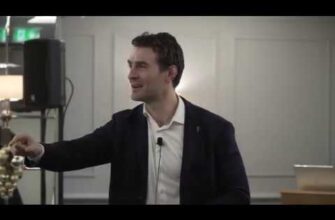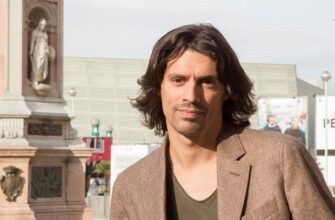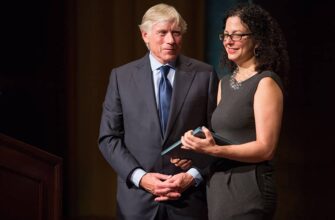One of today’s best television shows (and comic characters) is Flash. He’s been around in some iteration since the 1940s and remains a signature player in the DC universe. Dubbed “the fastest man alive,” Flash protects Central City, the United States, and the entire planet from threats big and small. He can also help protect us from ourselves.
Can you imagine what you could do with Flash’s super-speed? How much you’d be able to accomplish? How manageable your to-do list would become? How many more chores, tasks, and errands you could complete in a day? How much busier you’d feel knowing you could move so much faster? At least that’s what I use to think.
Many years ago, before kids and true adulthood, I completed graduate school. I was working at the same time, but I had grown accustomed to spending daylight in the office and moonlight in the library. I had little free time and was okay with the schedule, as most ambitious 20-somethings are. Once I graduated, I seamlessly filled my nights with more work. Then I made the one mistake that I could never take back – I took a vacation.
I’d taken time off before, but this was a rare trip when I had no access to phones, emails, or any other way of communicating with work. Total disconnect. With nothing to do but relax, I quickly felt as if I’d lost the ability to do nothing. I needed a support group so I could say, “My name is David Kahn and I am addicted to work-based adrenaline.” It took a few days of “cold turkey,” but by the time I re-learned the art of leisure that I had once mastered in my teens, it was time to come home.
Readjusting was not easy. I was no longer craving the need to fill every waking moment with busyness. This does not mean I lost my passion for work; I was still ambitious and maintained the same aggressive career goals. So without getting re-addicted to adrenaline-based busyness, how could I keep my drive and remain productive?
Research shows that being busy is not synonymous with being more productive. According to psychiatrist Alvin Rosenfeld, overly busy people are busy because they are addicted to busyness and feel “anxious and guilty when they aren’t either working or doing something to promote their work.” These individuals act as if their lives cannot possibly be “silly or trivial or meaningless” if their time is “in demand every hour of the day.”
Busy is a decision and presence is infinitely more rewarding than productivity. – Søren Kierkegaard, 19th century Danish philosopher
Busyness may serve as an existential reassurance, but there are benefits to appreciating a state of idleness. A Business Roundtable study found that after eight 60-hour workweeks, the decline in productivity is so significant that the average team would have gotten just as much done if they’d stuck to a 40-hour week. And at 70-or 80- hour weeks, the fall-off happens even faster – at 80 hours, the decline in productivity is reached in just three weeks. Similar results were found in studies conducted by the Bureau of Labor Statistics, Proctor and Gamble Company, and the Mechanical Contractors Association of American.
Stop trying to be busy and put your effort into becoming more productive. You can try to function at the speed of light, but that will not make you more efficient. Nor can adding more hours to your day. Instead, work smart. Refine your processes and workflow. Continuously develop your skills. And cross-train others to develop their skills (and your pool of resources). The other option is to douse yourself in toxic fluids and run into a lightning storm. It worked for Flash, but your worker’s comp plan probably won’t cover it.







